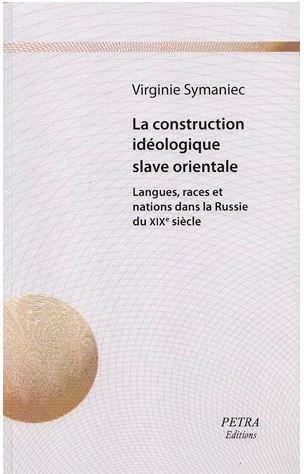Sabrina P. Ramet, Kristen Ringdal, Katarzyna Dośpiał-Borysiak (eds.)
Civic and Uncivic Values in Poland. Value Transformation, Education, and Culture (Budapest-New York: CEU Press, 2019).
Poland, like many societies across the world, is becoming more polarized in diverse areas of life, as contending forces seek to advance incompatible agendas. The polarization over values in Polish politics was evident already before communism collapsed but became more obvious in the following years and reached a crescendo after the October 2015 parliamentary elections, which brought a right-wing party into power.
This volume focuses on the years since 1989, looking at the clash between civic values (the rule of law, individual rights, tolerance, respect for the harm principle, equality, and neutrality of the state in matters of religion) and uncivic values (the rule of a dictator or dictatorial party, contempt for individual rights, bigotry, disrespect for the harm principle, unequal treatment of people whether through discrimination or through exploitation, and state favoritism of one religion over others). The authors address voting behavior, political parties, anti-Semitism, homophobia, the role of the Catholic Church, and reflections in history textbooks, fi lm, and even rock music. This volume makes clear that for the foreseeable future the conflict in Poland between traditional, conservative values and liberal, civic values is likely to continue, provoking tensions and protests.
Preface
Acronyms used in this book
PART ONE — INTRODUCTION
1. Civic and Uncivic Values: an introduction – Sabrina P. Ramet (The Norwegian University of Science & Technology, NTNU)
PART TWO – THE SYSTEM
2. Polish politics, April 1989-October 2015 – Aleksander Zdravkovski (The Norwegian University of Science & Technology, NTNU)
3. Party system and voting behavior in Poland – Michał Sƚowikowski and Michał Pierzgalski (both: University of Łódź)
4. European values in Poland: The special case of ethnic and national minorities – Katarzyna Dośpiał-Borysiak, Agata Włodarska-Frykowska, and Michał Klonowski (all: University of Łódź)
PART THREE – VALUES IN POLAND
5. Polish civic values in a European context – Kristen Ringdal (The Norwegian University of Science & Technology, NTNU)
6. Religion in public life – Maciej Potz (University of Łódź)
7. Religiosity, Tolerance of Homosexuality, and Support for Gay and Lesbian Rights in Poland: The present and likely future(s) – Ewa Golebiowska (Wayne State University)
8. National – Catholic Impact on Anti-Semitism in Poland: Report of the significant results of empirical research – Ireneusz Krzemiński (University of Warsaw)
PART FOUR – VEHICLES OF SOCIALIZATION
9. Civic education: Controversies surrounding socialization factors and mechanisms – Renata Siemieńska (University of Warsaw)
10. History textbooks in Poland since 1989: a dialogue between the past and the present – Sylwia Bobryk (University of Portsmouth) and Thomas Strobel (Georg-Eckert Institute)
11. Rock music and politics in Poland: Lyrics of protest and resistance – Sabrina P. Ramet (The Norwegian University of Science & Technology, NTNU)
12. Film and values: Polish cinema of national remembrance – Elżbieta Durys (University of Łódź)
13. Poland’s Media: Learning from the past and fitting a new mold –Jane Leftwich Curry (Santa Clara University)
PART FIVE – CONCLUSION
14. Past and Present in the Struggle for Polish Democracy – A postscript – Sabrina P. Ramet (The Norwegian University of Science & Technology, NTNU)
About the editors and contributors
For further reading













